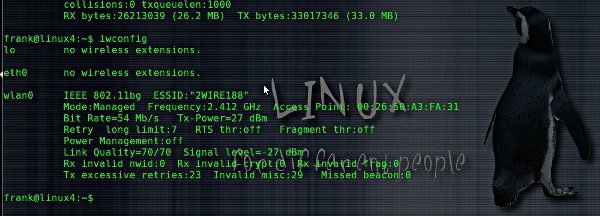What is Wine and why is Wine “Not an Emulator”? I use Wine to run a Windows application that is a better fit for my purposes than what’s available for Linux. I couldn’t really answer that question. So I went to the source: WineHQ to look it up.
Wine is not an Emulator like DOSbox is, for example. DOSbox allows you to run DOS applications like old games in a Emulated Environment. What the game or program “sees” is a standard DOS PC with Emulated old hardware with the old graphics cards (Tandy, Hercules, VESA) and antique sound cards like the original SoundBlaster or Gravis Ultra Sound. There are versions of DOSbox for post-DOS Windows (NT and later) and Linux because those old DOS games can’t run on either.

